Refine
Date Range Clear
Recorded by Clear
Keywords Clear
- volcanolgy 166
- #AGU100 166
- Venus 166
- mars 166
- future of science 166
- #AGU 164
- NASA 59
- discovery 55
- #womeninscience 29
- Advice 26
- Collaboration 21
- Community 21
- 380 more
Partnerships Clear
- No matching terms.
Organizations Clear
- American Geophysical Union 34
- National Aeronautics and Space Administration 8
- The American Geophysical Union 4
- American Geopysical Union 3
- NASA 2
- 12 more
Places Clear
- Washington DC 168
- AGU 2018 Fall Meeting 158
- AGU Fall Meeting Program Commitee 3
- Leadership Development Commitee 2
- AGU 100 Fall meeting 1
- 3 more
Languages Clear
- No matching terms.
Initiatives Clear
- No matching terms.
Glenn Orton, a senior research scientist at the Jet Propulsion Laboratory, discusses his career exploring the outer Solar System that started with the Pioneer 10 and 11 missions, and extended forward to Cassini and more recently Juno. Interested in space...
For the last 14 years, Gari Mayberry has put her volcanology background to work as a disaster response coordinator at USAID. Disasters come in many shapes and sizes so that specialty is a start, but often Gari finds herself connecting...
Sarah Vines and Robert Allen once drove twenty hours to see a spaceship launch. Now, Sarah and Robert are married, post-doctoral students working in the laboratories of Johns Hopkins University. Sarah researches how magnetic fields form, and what earth’s magnetic...
Amber Soja’s career is on fire. The resident at NASA’s Langley Research Center studies fire regimes and how they are being affected by climate change. “Every fire season is worse,” she says, adding that the changing fire regime is proof...
Shelby Hurst grew up in northern Michigan where she spent plenty of time poking at and asking questions about the rocks in her grandparents’ backyard, which eventually led her to a PhD in geochemistry. She discusses the importance of women...
Why do people feel they way they do about issues? Why do lawmakers and policy leaders seemingly act against their better interests? And how can information be developed in a way that leads not just to greater understanding, but to...
Linda Geiser and Peter Nelson tell their own stories and reflect on the impact they’ve had on each other lives. They’re both currently with the US Forest Service but first met when Linda hired Peter after he finished university to...
As a mission scientist with NASA's Operation IceBridge, John Sonntag has been keeping an eye on the polar ice caps for the better part of 20 years. The good news is, he is very well-versed in the science and analysis...
Sabrina Savage builds instrumentation for solar physics and studies solar flares at NASA’s Marshall Space Flight Center. The technology she helps create delivers the most high-resolution pictures of the sun anyone has ever seen. In a society more dependent upon...
Who says work ends when you retire? For Tom Dunne, University of California Santa Barbara, the work is still finding him. Instead of heading off to the Amazon to find discovery, these days he need only look out his window...
Sanjoy Som, Director of the Blue Marble Space Institute of Science, believes in the importance of space science as a common goal of humanity, regardless of country – the founding inspiration of his institute. He talks about his passion for...
Cloud scientist Steven Platnick is trying to learn how clouds may magnify—or minimize—the effects of climate change. He first got excited about clouds when his Ph.D. advisor, who "treated us like equals," started asking questions about clouds. "He asked questions...
Brad Doorn’s, Water Resources and Agriculture Applied Science Program NASA, work includes forecasting the global food supply, including warnings and predictions about possible problems that might arise due to water supply shortages which can inform global market prices. While the...
Through his work with SERVIR, Ashutosh Limaye could be described as one of Earth’s watchdogs. The project scientist at the Marshall Space Flight Center’s job is to take NASA satellite data back down to the Earth and help people use...
Philips Aizebeokhai talks about the path his career has taken, turns and all. Although he started out working in the oil and gas industry, he found himself drawn to academia and the chance to be excited every day through his...
Kathy Cashman, professor at the University of Bristol, worked on the 1980 eruption at Mount St. Helen’s in Washington, one of the first monitored volcanic eruptions in the world (“it was a ‘who’s who’ of volcanology and geology”). Thanks to...
Alice Hill talks about her work at Stanford University's Hoover Institute on mitigating risk from natural hazards. She discusses her work in the Obama Administration running climate change programs for the Department of Homeland Security. She also worked at the...
Richard Alley is a professor in glaciology and loves what he does. He talks about gathering ice cores from Antarctica as an undergraduate, only to return for his PhD and continue the work. He’s measured fallout from atomic bombs tests...
Susan Bates has always been interested by the physical world and especially the ocean. She remembers standing on the beach as a kid in North Carolina wondering where the waves came from. Now, she gets to predict what the ocean...
An inspiring physics teacher, a lesson on the Copernican Revolution, and an immense awe sparked by the night sky ignited a passion for learning and research for Dr. Thomas Zurbuchen, Associate Administrator for NASA's Science Mission Directorate. Dr. Zurbuchen shares...
Rosaly Lopes is a planetary geologist at NASA’s Jet Propulsion Lab. She discovered seventy-one new volcanoes on IO, for which she was recognized in the Guinness Book of World Records. She uses her research into the surface of other planets...
Alex Young has a great finger on the weather. But the Associate Director for Science in the Heliophysics Science Division at NASA's Goddard Space Flight Center’s attention is focused far higher than any storm cloud. He studies space weather and...
Having an idol is important in science so you can see yourself doing something similar. Gregory Cutter met his idol, Jacques Cousteau, when he was an assistant professor at Old Dominion University. As an oceanography professor, he worked with different...
Elizabeth Schaeffer hasn’t followed the most straight-forward route into the geosciences but that’s allowed her to discover the field she most wants to study. She’s a non-traditional undergraduate studying applied geology and talks about recent internships she’s done that have...
Frank Schwing oversees the science information division at NOAA and is particularly proud of his transition from doing science to becoming a manager of science. He says, “Working for a federal agency, one of the demands is to make [the...

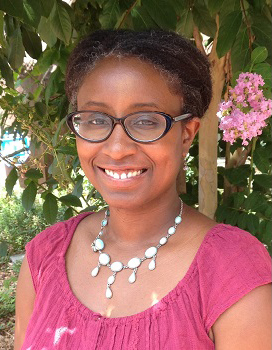
!["[Science] lets us imagine things we hadn't thought possible." an interview with Sarah Vines and Robert Allen](https://archive.storycorps.org/uploads/2019/07/Sarah-Vines-w-Robert-Allen.jpg)

![“I enjoy knowing that a lot of people do care about [the climate] and they care to learn about it.” an interview with Shelby Hurst](https://archive.storycorps.org/uploads/2019/07/Shelby-Hurst-crop-450x450.png)

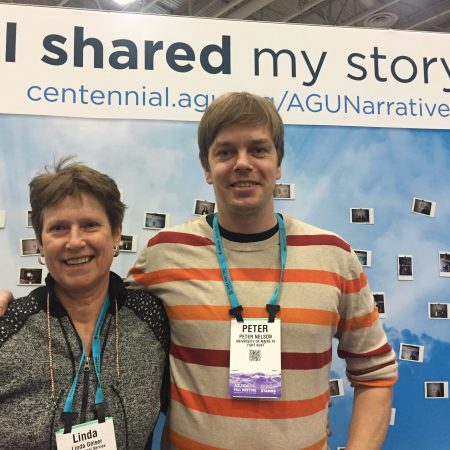
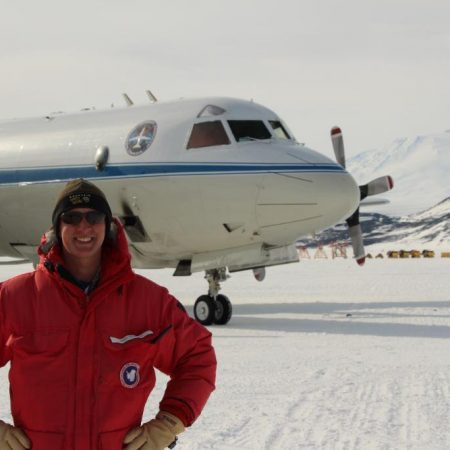
!["The sun is a terrifying and beautiful laboratory of which we know only a little [about]." an interview with Sabrina Savage](https://archive.storycorps.org/uploads/2019/02/20181213_Savage-450x450.jpg)
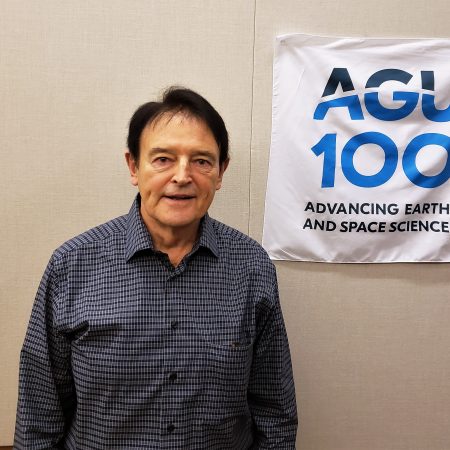
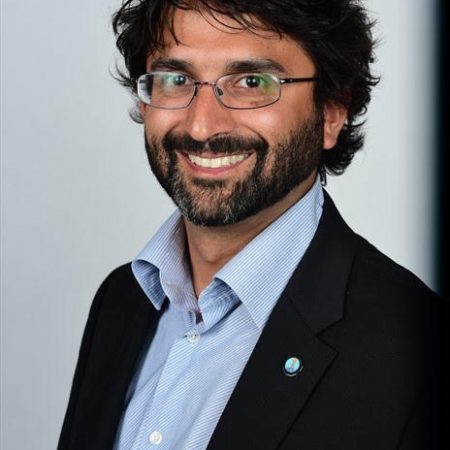

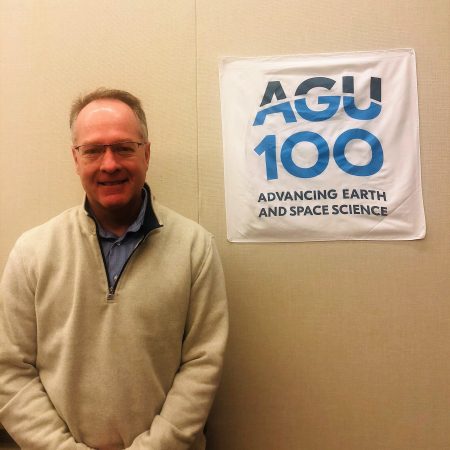
![“[Better satellite monitoring] will improve our ability to bridge the gaps between the haves & have nots." interview with Ashutosh Limaye](https://archive.storycorps.org/uploads/2019/02/181213_Limaye-450x450.jpg)
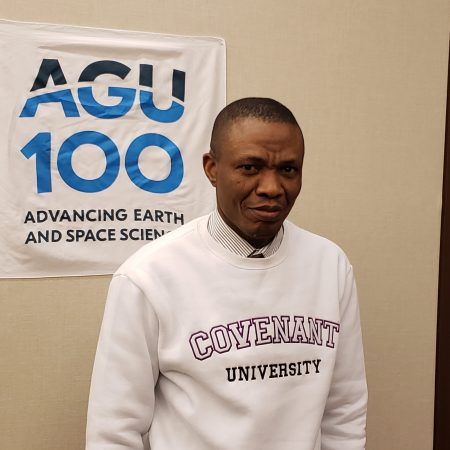
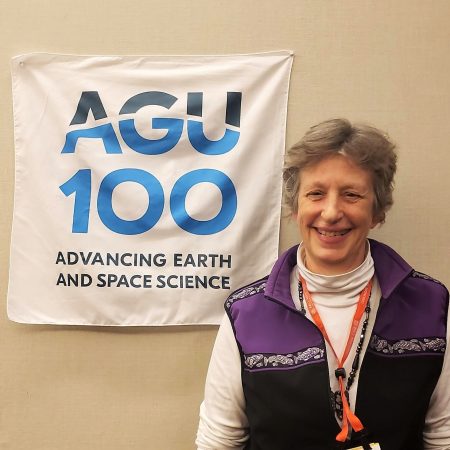
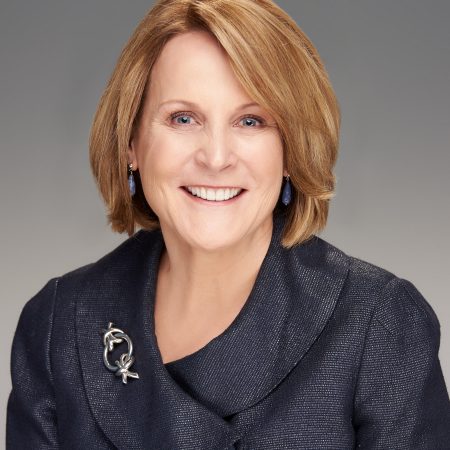
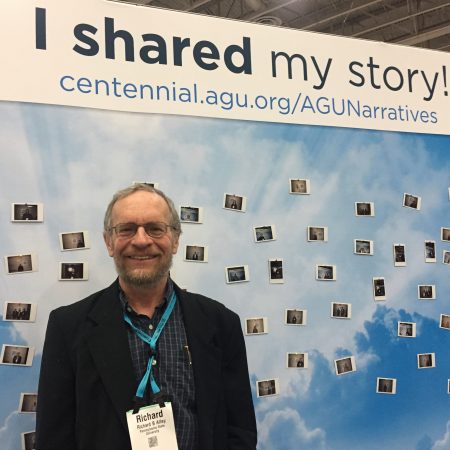
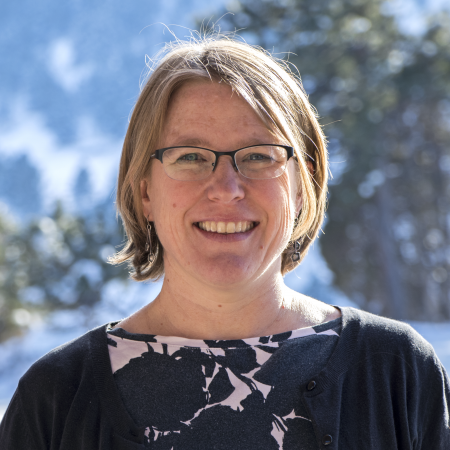
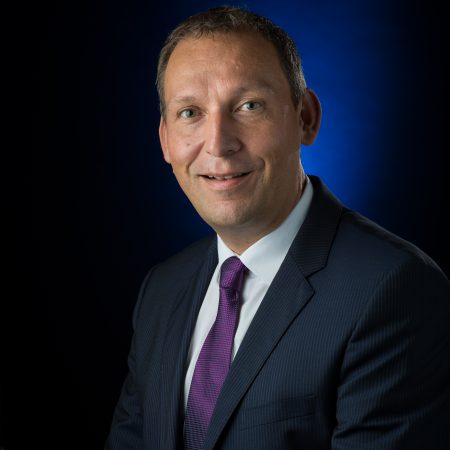
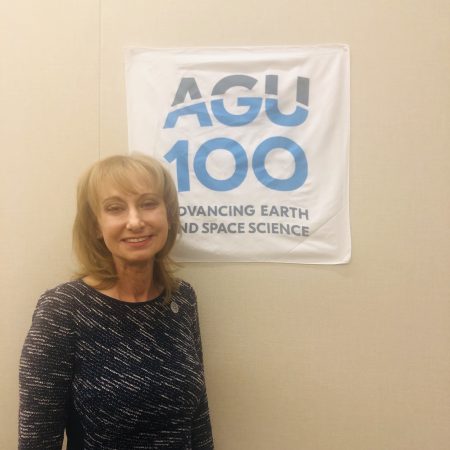
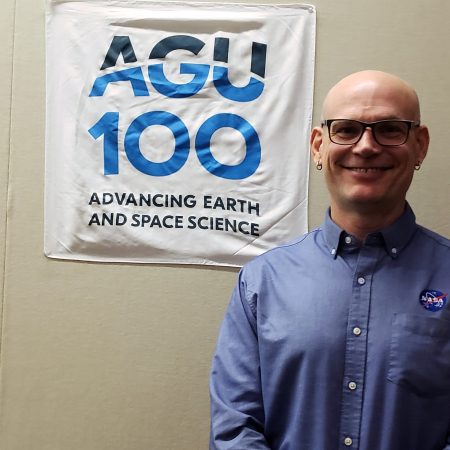
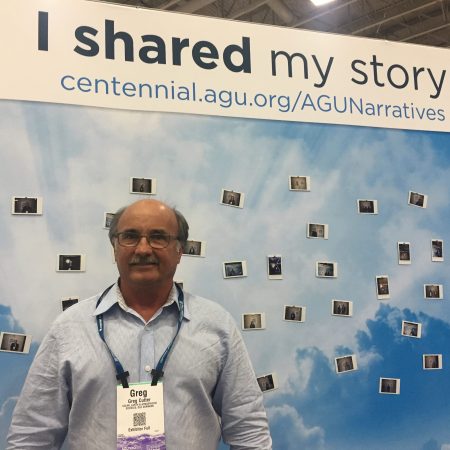
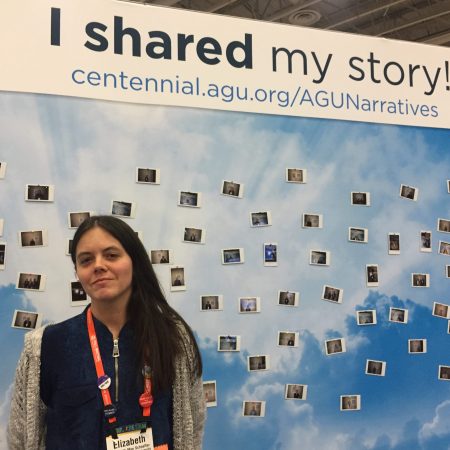
![“We've never had a [unified ocean] policy until the Obama administration; it was quite satisfying work .” An interview with Frank Schwing](https://archive.storycorps.org/uploads/2019/08/181212_Schwing-450x450.jpg)